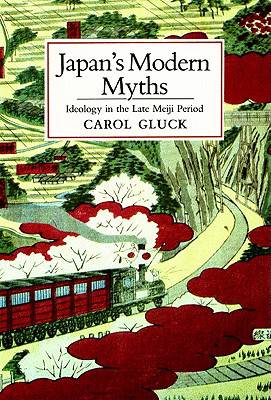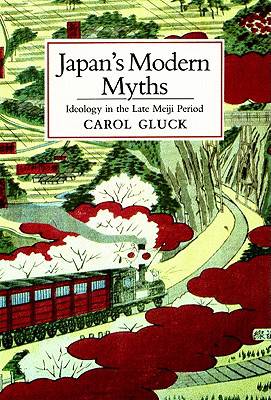
- Retrait gratuit dans votre magasin Club
- 7.000.000 titres dans notre catalogue
- Payer en toute sécurité
- Toujours un magasin près de chez vous
- Retrait gratuit dans votre magasin Club
- 7.000.0000 titres dans notre catalogue
- Payer en toute sécurité
- Toujours un magasin près de chez vous
Description
Ideology played a momentous role in modern Japanese history. Not only did the elite of imperial Japan (1890-1945) work hard to influence the people to yield as the grasses before the wind, but historians of modern Japan later identified these efforts as one of the underlying pathologies of World War II. Available for the first time in paperback, this study examines how this ideology evolved. Carol Gluck argues that the process of formulating and communicating new national values was less consistent than is usually supposed. By immersing the reader in the talk and thought of the late Meiji period, Professor Gluck recreates the diversity of ideological discourse experienced by Japanese of the time. The result is a new interpretation of the views of politics and the nation in imperial Japan.
-- "Japan Quarterly"Spécifications
Parties prenantes
- Auteur(s) :
- Editeur:
Contenu
- Nombre de pages :
- 424
- Langue:
- Anglais
- Collection :
Caractéristiques
- EAN:
- 9780691054490
- Date de parution :
- 21-10-85
- Format:
- Livre relié
- Format numérique:
- Genaaid

Les avis
Nous publions uniquement les avis qui respectent les conditions requises. Consultez nos conditions pour les avis.






